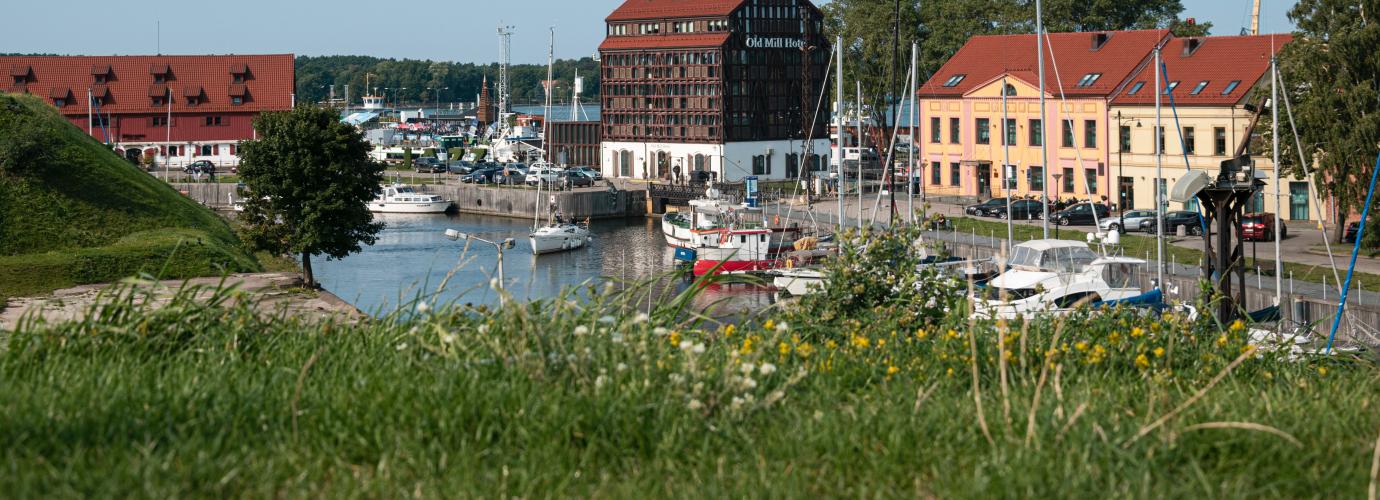Study programmes of the first cycle are designed to foster the general erudition of students, provide them with the theoretical basis of a study field and develop the professional competences necessary for independent work. These studies are classified as the Level VI qualification (ISCED 6) of the Lithuanian Qualifications Framework. Universities and colleges are higher education institutions that provide first cycle study programmes. University study programmes focus more on universal general education, theoretical knowledge and professional competences of the highest level. College study programmes are more oriented towards preparation for professional activities.
On completion of the first cycle university study programmes, graduates are awarded a Bachelor's degree in the respective study field (fields) or a Bachelor's degree and a professional qualification. Upon completing their college study programmes, graduates are awarded a Professional Bachelor's degree in a respective study field or a Professional Bachelor's degree and a professional qualification.
A short-cycle is intended for the acquisition of the Lithuanian Qualifications Framework Level V qualification (ISCED 5), a separate cycle in higher education system. Colleges issue study certificates to students who have finished their short-cycle studies. According to Level V, cycle studies are oriented towards apprenticeship.

